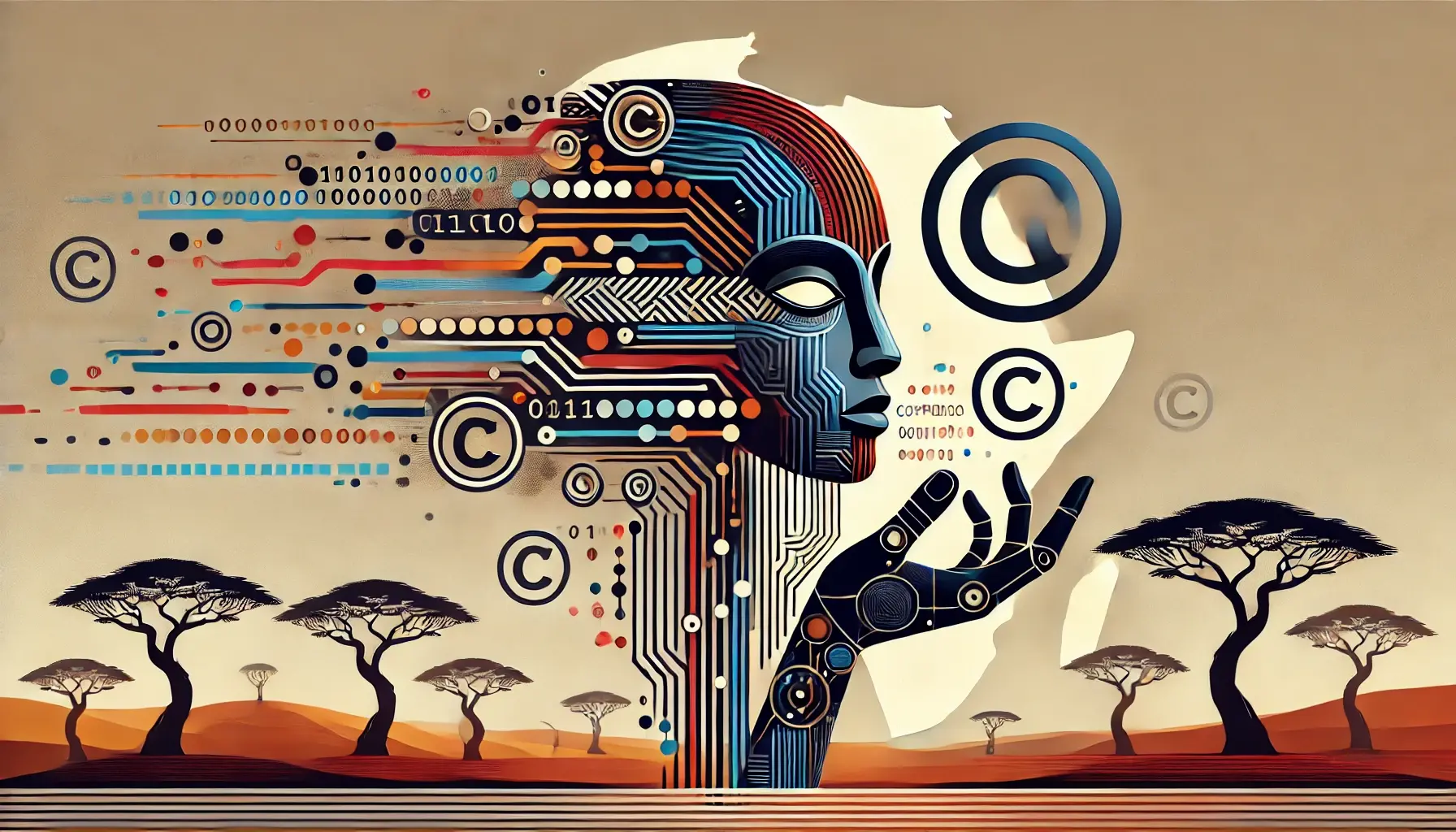AI, Copyright, and Content Licensing: An African Perspective
As artificial intelligence (AI) reshapes the global digital landscape, African content creators and publishers face both challenges and opportunities. The rise of AI-generated content has sparked debates about copyright infringement and fair compensation, issues that are particularly pertinent in Africa where many countries are still developing robust intellectual property frameworks.
By Eric
As artificial intelligence (AI) reshapes the global digital landscape, African content creators and publishers face both challenges and opportunities. The rise of AI-generated content has sparked debates about copyright infringement and fair compensation, issues that are particularly pertinent in Africa where many countries are still developing robust intellectual property frameworks.
Recent legal actions, such as The New York Times’ lawsuit against OpenAI, have ignited discussions across Africa about protecting intellectual property in the AI era. For African publishers, this situation presents a dual challenge: safeguarding their content from unauthorized use by AI systems while also exploring potential new revenue streams through licensing deals with AI companies.
“AI presents a double-edged sword for African creators. While it offers unprecedented opportunities for content creation and distribution, it also poses significant challenges to our intellectual property rights. We must proactively shape AI policies that protect our cultural heritage while fostering innovation.”
Olubayo Adekanmbi
The legal landscape surrounding AI and copyright is still evolving globally, with different countries taking varied approaches. This flux presents an opportunity for African nations to develop frameworks that balance innovation with the protection of creators’ rights. Some countries might follow Japan’s more permissive approach, allowing the use of copyrighted works in AI training under specific circumstances, while others might opt for stricter regulations to protect local content creators.
To address the power imbalance in negotiations with large AI companies, there’s growing interest among African publishers in forming consortiums or collective bargaining units. This could potentially give African content creators more leverage in negotiations, ensuring fair compensation for the use of their works.
AI also offers potential benefits for African publishers and content creators. AI-powered tools can streamline content licensing processes, assist in detecting copyright infringement, and help in preserving and promoting African languages and cultural heritage. However, concerns remain about the potential erosion of traditional storytelling methods and the authenticity of cultural expressions.
As Africa navigates this complex landscape, there’s potential to develop approaches that not only protect intellectual property but also leverage AI to amplify African voices, preserve cultural heritage, and drive economic growth in the creative industries. The future of AI, copyright, and content licensing in Africa will likely be shaped by ongoing global legal battles, technological advancements, and local innovations.
For content creators, publishers, and policymakers across Africa, actively participating in shaping the future of AI and copyright will be crucial. By engaging in these discussions and developing strategies that balance innovation with protection, Africa can work towards a future where AI enhances rather than threatens its rich cultural and intellectual heritage.
